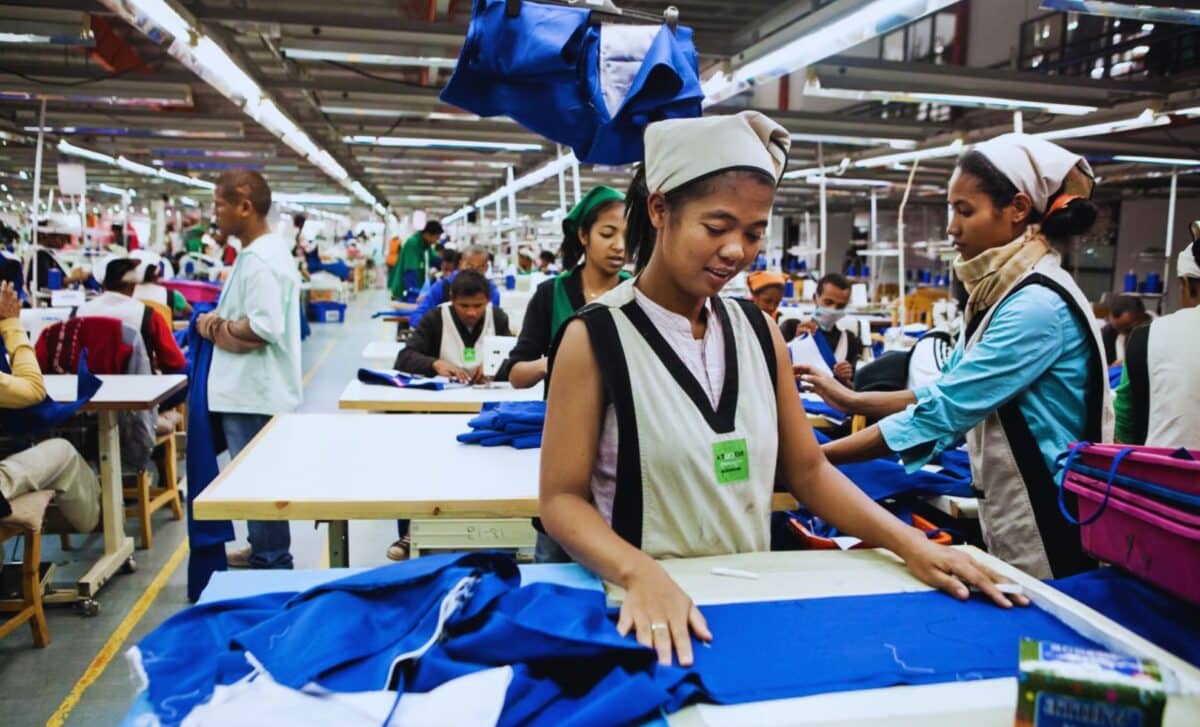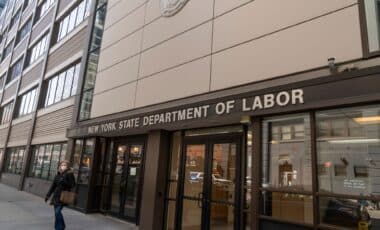Madagascar’s textile and clothing industry is facing a major blow after the US imposed a 47% tariff on the country’s exports. With around 60,000 jobs at risk, the consequences of this move threaten to destabilise a crucial sector for the island nation’s economy.
The textile industry plays a pivotal role in Madagascar’s economic framework, directly employing 180,000 people and accounting for a fifth of the nation’s gross domestic product (GDP).
According to the International Labour Organisation (ILO), the country’s exports to the United States reached $733 million in 2024, much of which was facilitated by the African Growth and Opportunity Act (AGOA). However, the introduction of higher tariffs now endangers the future of this critical sector.
The Economic Threat of Increased Tariffs
The US decision to increase tariffs has significantly affected low-income countries like Madagascar, which import smaller quantities of US goods and therefore face some of the highest tariff rates.
According to Rindra Andriamahefa, the executive director of the Groupement des Entreprises Franches et Partenaires (GEFP), the increased tariff could impact an estimated 60,000 jobs in Madagascar’s textile sector. These losses would involve both permanent and temporary layoffs, exacerbating the economic vulnerability of thousands of workers.
This tariff rise places Madagascar’s textile and clothing industry in a particularly difficult position, with many businesses facing the prospect of reduced competitiveness.
Beatrice Chan Ching Yiu, president of the GEFP, has expressed concern that investors will be increasingly inclined to turn to other countries where the tariff rate is lower—such as those facing the minimum 10% tariff. The economic hardship, already compounded by the global pandemic, is now further exacerbated by this trade decision.
Madagascar Seeks Diplomatic Resolution
The Malagasy government has been proactive in addressing the situation, engaging in discussions with other African nations also affected by the tariffs. These consultations aim to form a unified response to the US decision.
As part of these efforts, the government has initiated bilateral talks with US authorities, seeking to understand the rationale behind the tariff hike and explore potential solutions.
The foreign affairs ministry of Madagascar has indicated that technical discussions are underway to foster a deeper understanding between both parties. However, the longer-term implications of these tariffs remain uncertain, as the economic impact on the textile sector continues to unfold.









